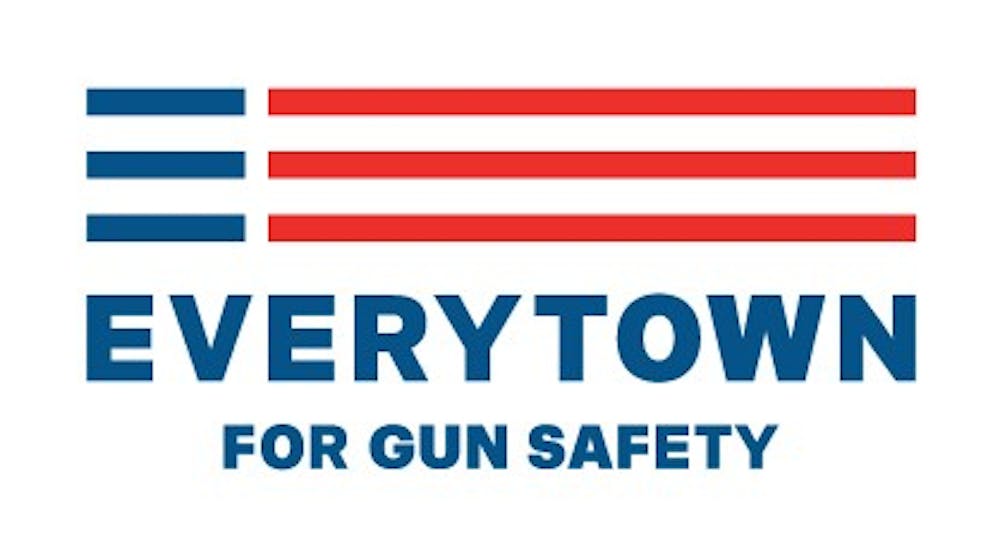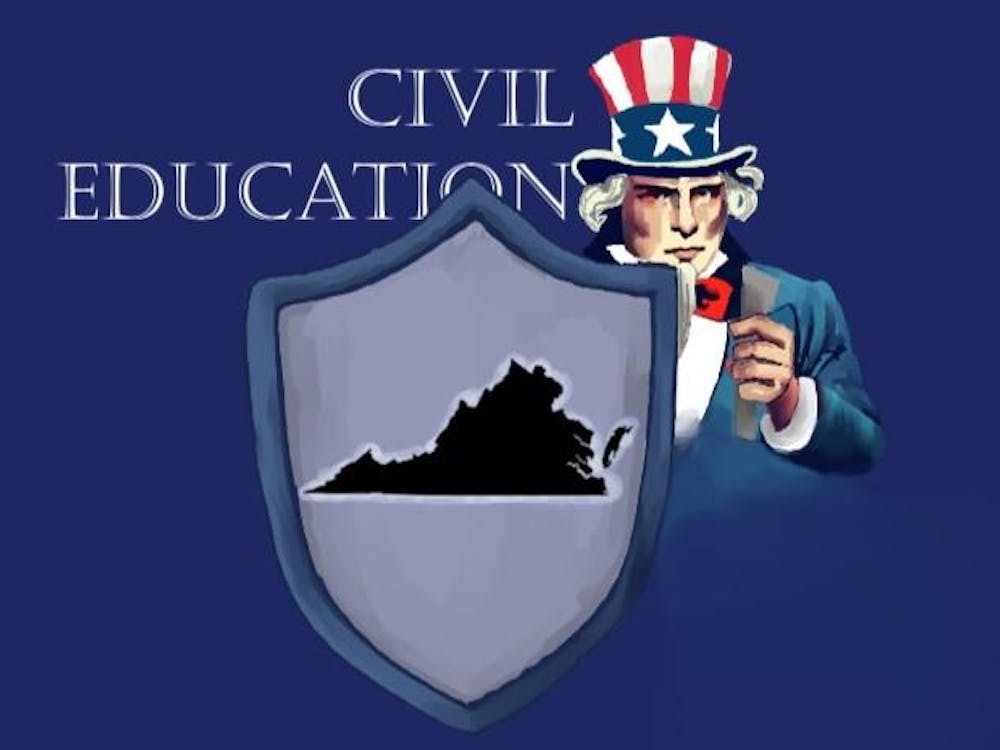On Feb. 14, a gunman opened fire at Marjory Stoneman Douglas High School in Parkland, Fl., killing 17 people and injuring 17 others. This event joins the litany of mass shootings that have occurred in the United States over the past several years — including those at Sandy Hook Elementary School in Newtown, Conn. and Virginia Tech. In response to the Parkland shooting, Student Council decided to join a national walkout protesting gun violence on March 14. During the walkout, students and faculty will have the opportunity to sign a banner that will be sent to Stoneman Douglas High School, allowing the University community to express its solidarity with those affected. Unfortunately, the Council also decided to insert a political agenda into its response.
The Council is doing this by using the walkout to sell t-shirts to raise money for Everytown for Gun Safety — a special interest group whose goal is to counteract the National Rifle Association and combat gun violence. In doing so, the Council excluded those who support measures to make our schools and nation safer but do not support Everytown’s agenda — and implied that defenders of the Second Amendment are not welcome to participate. The decision to align the walkout with this organization implies that supporting safety is contingent upon supporting this organization’s goals — even though the interests of gun owners and those supporting gun control can find common ground. Instead, sponsoring an initiative with a less politically-charged agenda — such as the Center for Politics’ bipartisan panel on gun rights and safety — would allow the University to show solidarity without letting politics interfere. The Council should not have politicized its response to the shooting, and it missed an opportunity to unite the University community around a common cause.
The Council’s politicized response echoes similar trends at the national and state levels. Connecticut Gov. Dannel Malloy (D-Conn.) has accused the NRA of being a “terrorist organization” and argued that it “is taking advantage of people's deaths to make the case that we need more guns.” The Council’s decision to politicize the walkout mimics the lack of mutual respect pervading discourse when the University community needs examples of leadership dedicated to fostering mutual respect among its members. Although debates over policy changes to prevent shootings like the one in Parkland, Fla. are constructive — and students and policymakers alike are free to voice their opinions about gun control — the interference of political disputes with the walkout detracts from the purpose of the event, which is bringing the University community together in support of those affected by gun violence.
Although students are not required to support Everytown financially to participate in the walkout, the decision to sponsor the group implicates the goals of the walkout with that specific organization. Additionally, the Council used a University-wide email to advertise its fundraiser for the organization. Just as it would be inappropriate for the Council to use their platform to solicit donations for Gun Owners for Responsible Ownership given the divisive nature of the gun debate, it is inappropriate for the organization to spam our school email accounts seeking donations for Everytown.
The Council has chosen to use its platform to advance divisive political and social agendas before. However, with less than 19 percent of University students voting in elections, it does not have a mandate to speak on behalf of the student community — and its own agenda does not represent the views of all University students. Given the limited scope of student input represented in Student Council, it should refrain from embroiling itself in such divisive political debates and should instead focus on its primary functions within the University, such as appropriating funds for student organizations.
Both the staunchest supporters and detractors of the Second Amendment want our nation’s schools to be safe. Given the prevalence of guns in the United States and the constitutional protections that gun owners enjoy, realistic and effective responses to addressing gun violence must take a pragmatic approach that does not infringe upon those rights. However, supporters of the Second Amendment must also realize that gun violence remains a chronic issue in the United States — with continued inaction exacerbating the problem and enabling the murder of innocent lives. Solutions to this issue will require compromise — but given the current political climate and the lack of respect that pervades discussion on this issue and many others, it is unlikely that current approaches will affect any real change.
Thomas Ferguson is an Opinion columnist for The Cavalier Daily. He can be reached at opinion@cavalierdaily.com.








